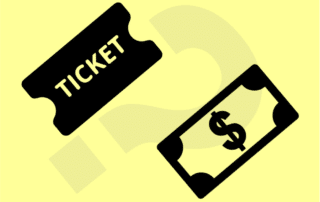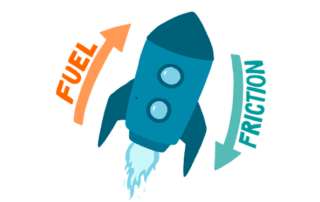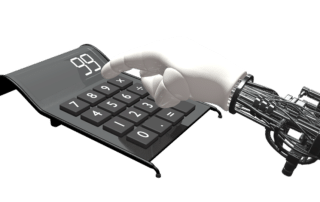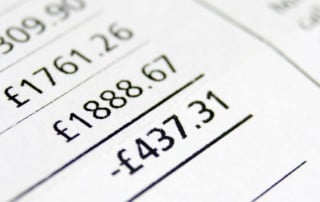A Loss Is a Loss, Why Categorize It?
Consumers regularly track their expenses and assign them to categories like food, entertainment, and clothing, which is popularly known as mental accounting. Our research shows that consumption biases that result from mental accounting are not prevalent in Easterners due to their holistic thinking style, whereas Westerners exhibit such biases due to their analytic thinking style.











